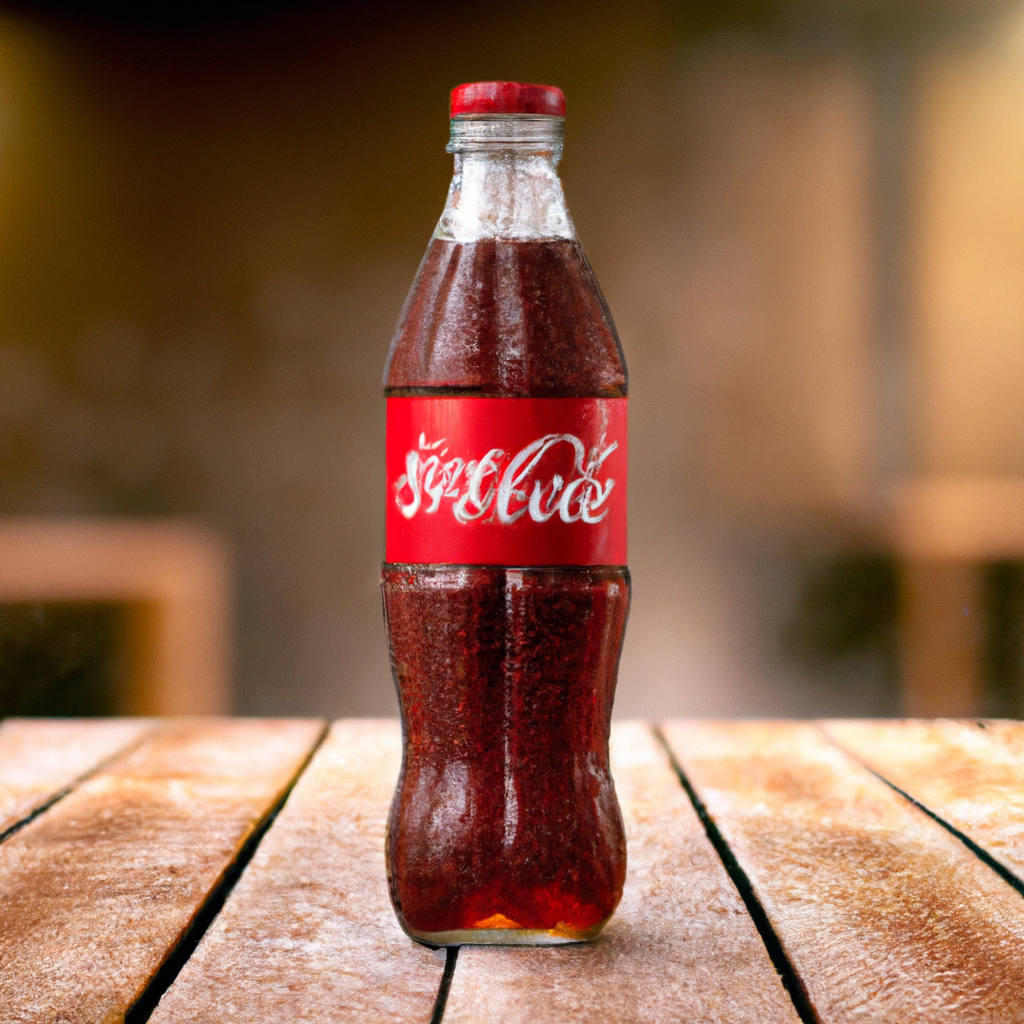In the United States, the trend toward weight loss drugs and non-alcoholic beverages is leading consumers to reduce their soda purchases. Despite this shift, Coca-Cola reported strong earnings for the second quarter, buoyed by robust global demand for its products, prompting the company to revise its full-year projections upward.
Coca-Cola CEO James Quincey expressed optimism about the company’s second-quarter performance, highlighting solid growth in revenue and operating income amidst a shifting market landscape.
However, the company experienced a 1% decline in volume sales in North America during the quarter. Quincey attributed this drop to weaker performance in away-from-home sales channels, which encompass its water, sports drinks, coffee, tea, and soda products.
This decline was somewhat mitigated by the success of its Fairlife milk brand and its flagship beverage, Coke, which achieved strong retail sales growth.
To combat the volume decrease, Quincey mentioned that Coca-Cola is collaborating with various food chains to integrate its sodas into combo meal offerings. The company is reportedly working with McDonald’s to enhance its $5 meal deal that includes a soft drink.
Overall, Coca-Cola exceeded Wall Street’s expectations with second-quarter revenue of $12.4 billion, translating to about $0.84 per share. Analysts had anticipated revenue of $11.76 billion, or approximately $0.81 per share.
The company has also raised its forecast for organic revenue growth to a range of 9% to 10%, up from its earlier estimate of 8% to 9%.
Similarly, Pepsi has faced challenges in capturing the interest of U.S. consumers, who are increasingly favoring products that promote weight loss and healthier lifestyles. A recent Gallup poll indicates that young adults in the U.S. are consuming significantly less alcohol than before. In early July, Pepsi attributed its lackluster second quarter to a series of product recalls.
